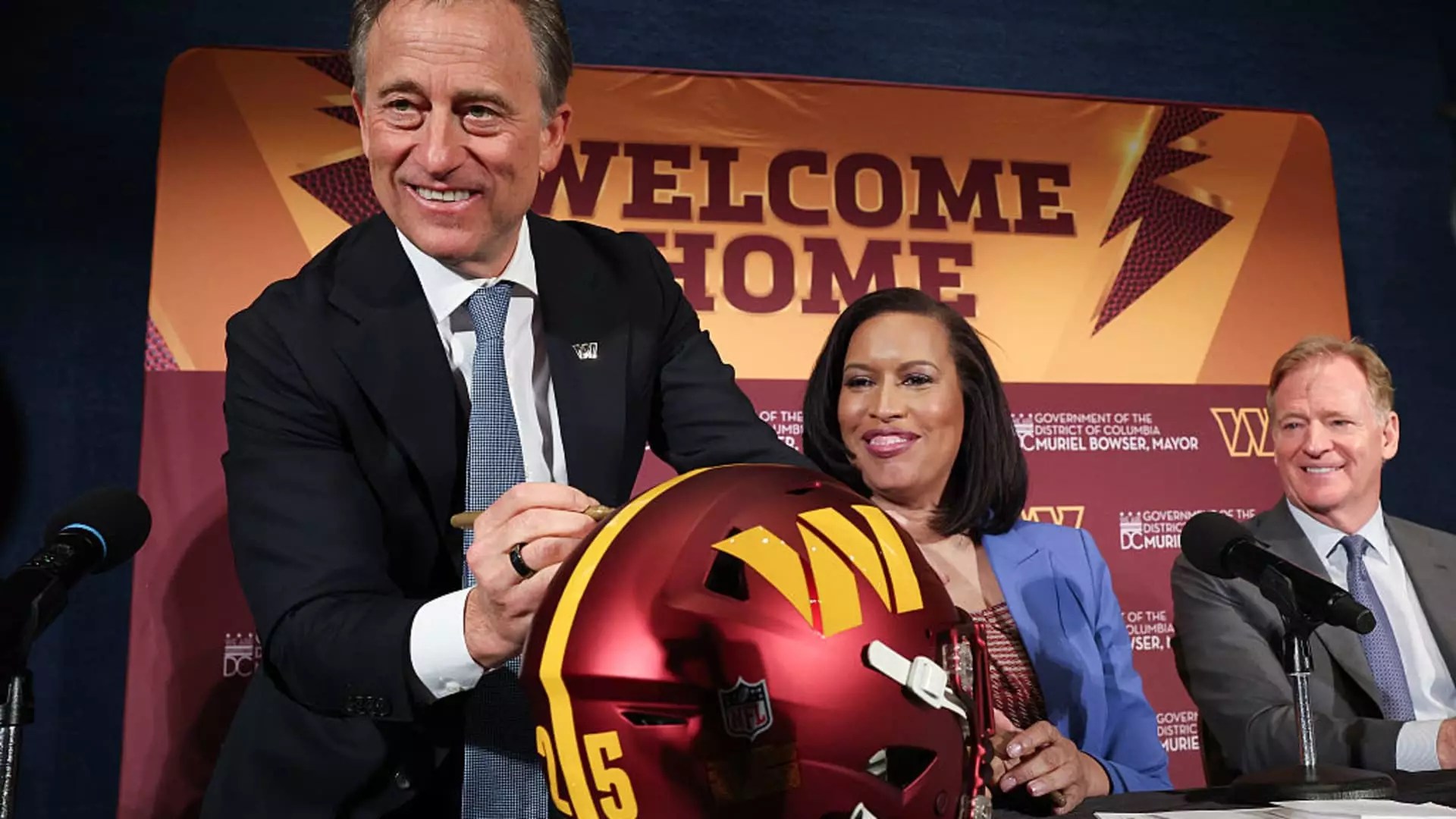In recent years, the sports industry has undergone a quiet revolution driven by private equity magnates like Josh Harris. Harris’s empire, built meticulously through strategic acquisitions and a relentless pursuit of value, epitomizes the allure of private ownership in an arena often dominated by public scrutiny. The conglomerate Harris Blitzer Sports & Entertainment (HBSE) exemplifies this trend, holding stake in some of the most lucrative sports franchises across football, basketball, hockey, and soccer. With a valuation soaring past $14 billion, HBSE demonstrates that maintaining private control preserves not just wealth, but also operational autonomy—an essential ingredient for long-term success and stability.
This model offers a compelling contrast to the fractured transparency associated with public listings. Unlike public companies, these private sports assets can endure the ebb and flow of popular sentiment without succumbing to quarterly pressures. Harris himself dismisses the idea of going public, emphasizing that private valuations generally surpass those of public markets in this niche. The allure of privacy and control fuels this steadfast resistance; to monetize a franchise or diversify holdings by issuing shares to the public would threaten the foundational principles that have allowed private owners to seize long-term opportunities free from short-term investor anxiety.
The Myth of Public Markets: Short-Sightedness as a Barrier
Harris’s skepticism about the practicality of IPOs in sports is rooted in a fundamental reality: public markets tend to undervalue sports franchises relative to their private worth. Take Madison Square Garden, for example—one of the few entities in the U.S. to be publicly traded, yet its assets are often valued lower than private transactions would suggest. Public shareholders, influenced by day-to-day volatility, rarely appreciate the intrinsic value of these giant assets or the long-term strategic investments needed to succeed. This creates a dissonance where the natural, long-term vision of sports franchise owners clashes with the immediate demands of the stock market.
Furthermore, the operational freedom enjoyed by private owners is difficult to sustain once accountability shifts to dispersed shareholders. Harris notes that public owners often face pressure to overspend to show short-term results, which risks undermining the stability and future profitability of their teams. For owners who view their franchises as intergenerational assets—cultural institutions, not just investments—preserving decision-making flexibility is paramount. Going public would tie their hands, forcing them into a mode of governance ill-suited to the unique demands of sports management.
Strategic Investment and Long-Term Vision: The Private Advantage
Harris’s successful maneuvering, including the recent $3.7 billion relocation of the Washington Commanders to a new stadium, underscores the importance of long-term planning. Public markets are inherently ill-suited to such capital-intensive, slow-building projects, which often don’t generate immediate profit but promise substantial future returns. Harris’s approach reflects a broader understanding that sports ownership extends beyond the game; it is about creating lasting legacies, developing infrastructure, and engaging communities.
Moreover, the rising popularity of private equity investments in sports rights reveals a shift toward patient capital. The NFL’s recent approval for private equity firms to acquire minority stakes exemplifies this evolution. Harris praises these arrangements, noting they carry less control for investors and allow owners to think beyond quarterly earnings, emphasizing stability and sustainable growth instead. This investment landscape positions private ownership as the best environment for nurturing long-term strategic initiatives—something public markets simply cannot replicate.
Why the Future Lies in Private Hands, Not the Stock Exchange
Despite the undeniable allure of liquidity and capital access offered by public markets, elite sports owners like Harris understand that the core of their value lies in exclusivity and strategic independence. Going public could dilute the unique long-term perspectives that define successful franchise ownership. The risk of losing control, being forced to placate volatile shareholders, and sacrificing vision for short-term gains outweighs any potential financial benefit derived from an IPO.
In essence, the rising valuation of private sports conglomerates points to a market desire for assets that are shielded from ephemeral market whims. The value of these franchises is rooted in their cultural significance, loyal fanbases, and strategic long-range planning—assets that diminish in value once subjected to the relentless scrutiny of public markets. Harris’s stance underscores a fundamental belief: true sports power resides in the private sector, where owners can prioritize legacy over liquidity, vision over volatility, and stability over fleeting approval.


Leave a Reply